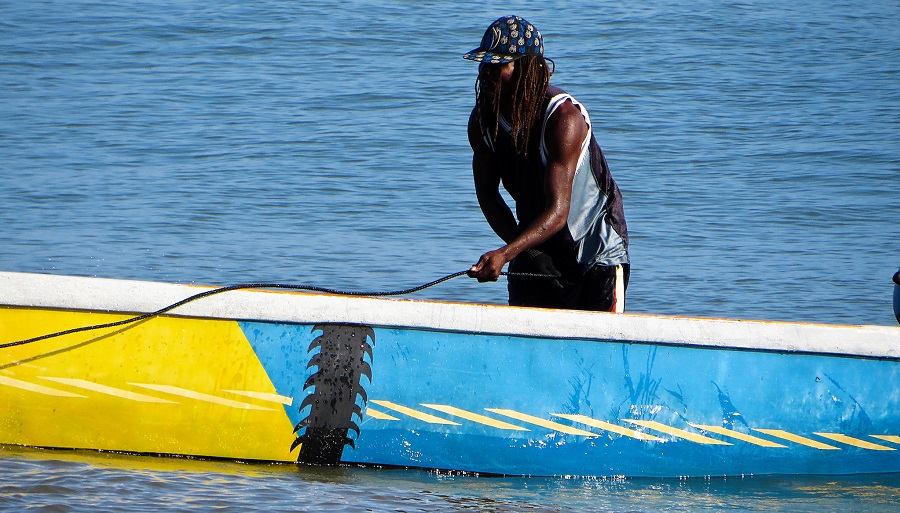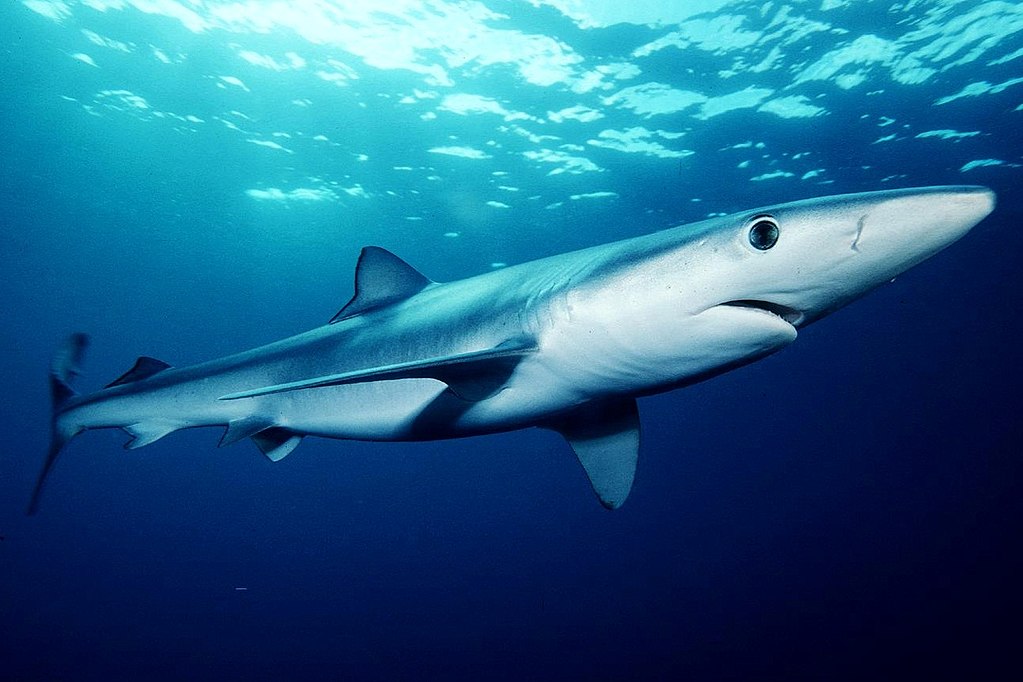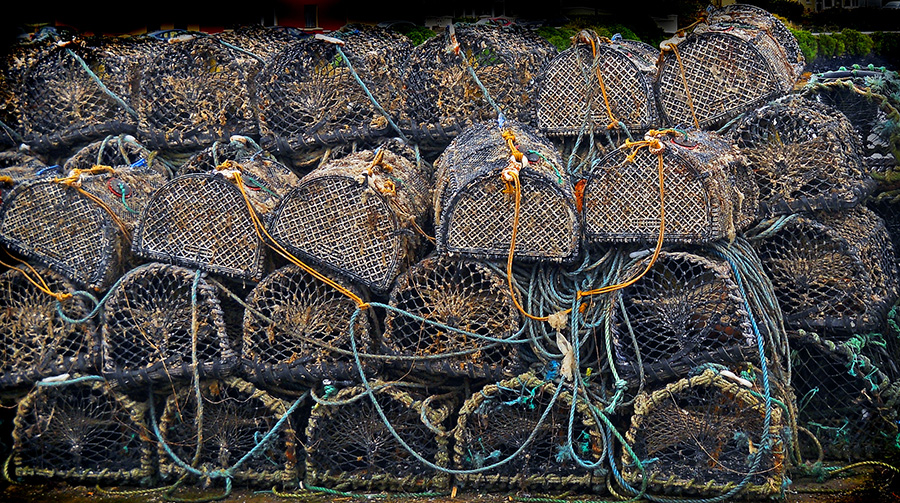Artisanal fisheries catches taken from Honduras’ Exclusive Economic Zone have contributed far more than previously thought both to the economic growth and the food security of this Central American country, new research has found.
Hidden behind bad numbers: Official stats mask almost all shark and ray species caught in the Mediterranean and Black seas
Shark and ray species commonly caught in the Mediterranean and Black seas are not being reported in official statistics, new research from the Sea Around Us initiative at the University of British Columbia shows.
A new study published in Marine Policy reveals that 97 per cent of the sharks and rays caught and brought to market domestically by fleets from the European, North African and Middle Eastern countries that surround these seas are not reported by species.
Palomares and Pauly reflect on the challenges and opportunities of historical reconstructions of marine fisheries catches
The Sea Around Us’ Project Manager, Deng Palomares, and Principal Investigator, Daniel Pauly, published an editorial in the journal Frontiers in Marine Science highlighting the importance of a long-term perspective when evaluating the status of fisheries.
A gender-balanced world is good for science
How is a gender-balanced world good for science?
The answer to this question is complex and multi-layered. From more equitable policies to different ways to interpret data, from fairer workplace environments to more breakthrough discoveries. For the Sea Around Us team, having more #WomenInScience would translate into benefits for science itself, the scientific community and society as a whole.
Rashid Sumaila to talk about the Sustainable Blue Economy in Perth
Rashid Sumaila, Director of the Fisheries Economics Research Unit at the University of British Columbia and Associated Faculty at the Sea Around Us, will be visiting Perth and offering a lecture on February 19, 2019.










